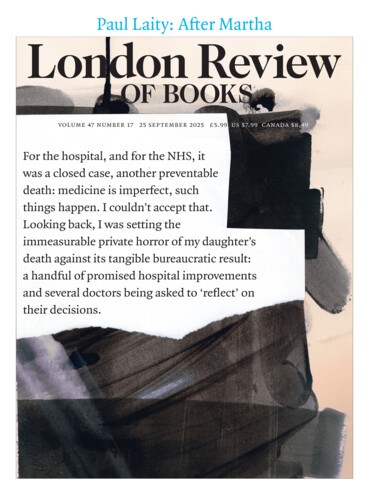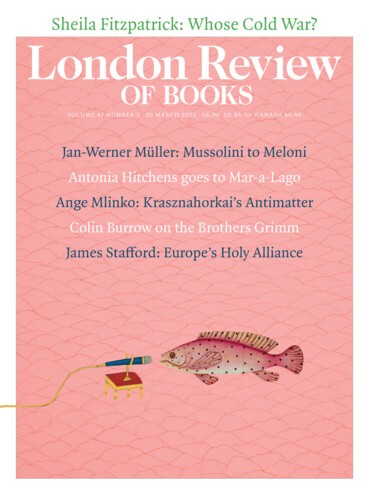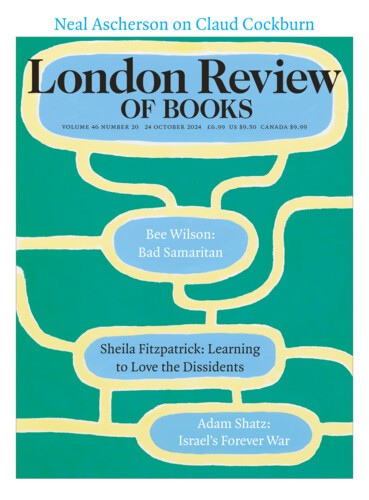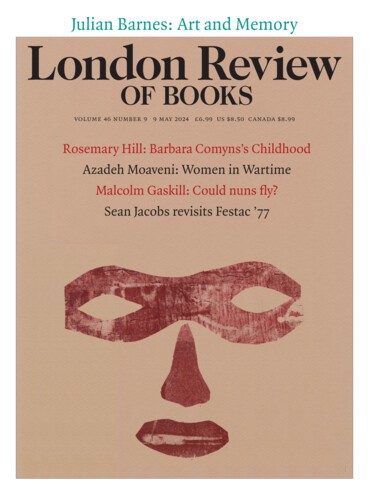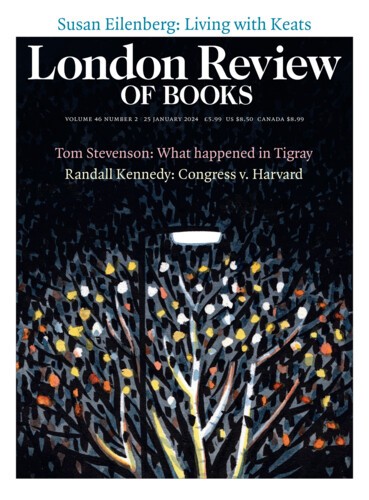Diary: Two Cultures of Denunciation
Sheila Fitzpatrick, 25 September 2025
Idon’t think I ever dobbed anybody in – or if I did, I would have told myself I was doing something else. Dobbing is the preferred Australian word for denunciation or snitching to the bosses, and it is taken to be a shameful betrayal of one’s fellow subalterns. I’m quite sure that, as a child, I never sneaked to a teacher about other girls: that would have been...
